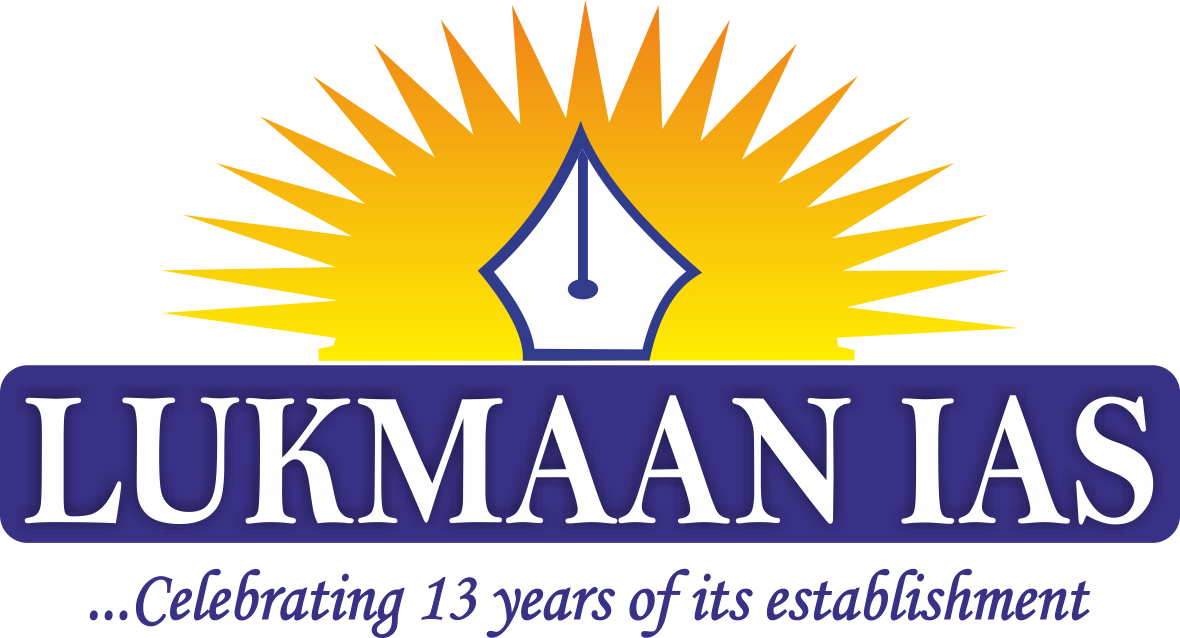History Optional -2025/26
Mode: Offline | Live Online Classes
Total Fee- Rs 38,000/-
Rs-36,000/-
HISTORY (OPTIONAL): WHY AND HOW?
History as an optional paper is, no doubt, one of the most popular subjects for Civil Services Main Examination. The following features make it a unique subject that grooms a student perfectly for Civil Services:
- It is an easy and plain subject to comprehend, the only subject in art stream without any thinkers.
- It demands high proficiency in language.
- A Large number of facts need to be remembered to master the subject.
- It is a highly analytical and subjective discipline.
- A large number of sources are easily available to gather information.
- Highly informative nature of history requires a multi-dimensional approach which is quite beneficial for General Studies (prelims & mains) and Essay.
Keeping the above facts in mind one can easily say that an aspirant for civil services should not choose history as an optional simply because it is plain and non-technical in nature. Choosing an optional is a crucial decision that can make or mar one’s prospects in a highly competitive examination like Civil Services. A candidate for civil services must always keep in mind, while choosing history or any other subject as an optional, that he finds the subject interesting enough and has got an aptitude for it. One can achieve or perform well in a given subject only if he has got interest and aptitude in it. It is as simple as saying that if you are interested in chess and has got aptitude for it you can perform well in it but it does not guarantees you success in cricket or volleyball. So, it is advisable that a candidate must give preference to his own interest and aptitude over any other criteria.
The aspirants who have decided history as their optional for Civil Services are more or less on the same platform because it can be chosen by anyone whatsoever may be his/her background. Students coming from different backgrounds like science, commerce, arts, engineering, and medicine are found to perform equally well in this subject. The scores have been fluctuating over last few years but even then, those who followed an analytical and logical approach ended up gaining good marks in history. Right approach also means proper management of a seemingly large syllabus. A large syllabus comes as a blessing in disguise because it ensures clarity as each and every aspect of the subject to be examined is clearly mentioned in the syllabus. Since history is chosen by a large number of students, the scaling system also appears to be favoring it.
If one likes the subject, one can definitely choose it as an optional. To begin with, one is supposed to pick up basic and easy books do lay down sound foundations. Later one can move on to higher level books in order to gain indepth knowledge. A good preparation calls for a judicious mix of extensive and intensive study rather than going for selective study, especially in main examination. It means that initially one must study each and every topic mentioned in the syllabus. Later s/he may focus on specific topics which appear important for a given year. This also calls for acquiring good knowledge of historiography and practicing regular answer writing and map-based questions.
For preliminary examination a student needs to practice a good number of Objective and Multiple-Choice Questions. But for main examination one has to learn and apply skillfully an appropriate combination of facts, figures, and analysis in his/her answers. A student can develop this skill by practicing answers based on perspectives and analysis done by various historians, archaeologists, scholars, and writers in their works. This includes various aspects like the way a chapter has been drafted for a given topic, the manner in which facts and analysis has been arranged in a sequence, and the type of examples and narrations used by the writer. The map-based questions could be highly rewarding, and one can become highly comfortable with them by applying following techniques:
- It is good if one prepares separate maps for various topics and subtopics of the syllabus with 50 words short note for each location.
- The habit of looking at various historical places and locations during free time is good way to remember them.
- The courses of rivers, boundaries, and contours on the map and identification of various clusters of places also helps in mapping various places in an accurate manner.
After having a look at the current trends of questions, the most relevant list of books or important sources to gain authentic and relevant knowledge is as follows:
- NCERT/Tamil Nadu books for history (Class VI to Class XII)
- Upinder Singh– A history of ancient and early medieval India
- IGNOU Booklets (Graduation & Post-Graduation)
- Romila Thapar – Early India (selective reading)
- Satish Chandra – Medieval India
- Grover and Mehta – Modern India (for reference)
- Bipan Chandra – India’s Struggle for Independence
- Bipan Chandra – India Since Independence
- Shekhar Bandyopadhyay – From Plassey to Partition and after
- Sumit Sarkar – Modern India (for reference)
- Ralph and Burns – World History (for reference)
- Ranjan Chakrabarty – A history of modern world
- Norman Lowe – World History
- David Thomson – Europe since Napoleon (selective reading)
One must also keep on referring the syllabus and previous years questions to keep his/her preparation on the right track. Learn to integrate various sources in your notes based on the syllabus, inter-linkages in various topics & themes, and PYQs. I would like to cite an example. The important themes must be known to a student which includes sources, religion, culture, society, economy, polity, and personalities. The syllabus must be finished in a stipulated time-limit. One’s preparation most be precise and resulted-oriented with due importance given to answer-writing practice, objective evaluation and feedback.

Raghwendra S. Chauhan
Faculty- GS Foundation
He is a Science Graduate (B.Sc. Hons.) with PG Diplomas in Journalism and Management. He also studied history as a post-graduation student at JNU. His qualifications provide the institute sound support in academic and allied activities. He has more than 13 years of experience in teaching and personally mentoring the civil services aspirants.


